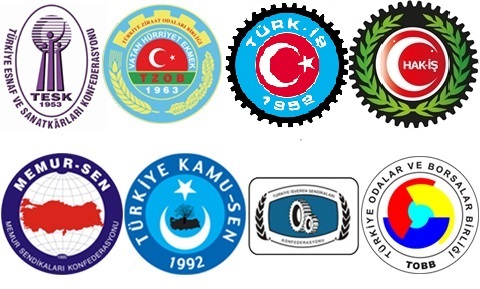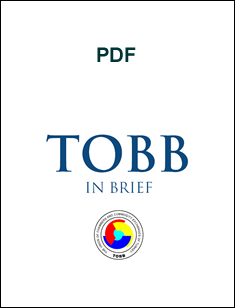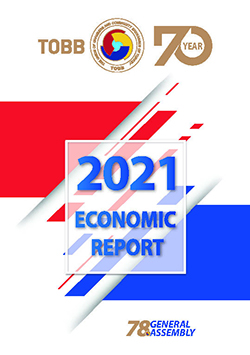The solution is not to suspend the negotiations but to have more negotiation

26.11.2016 / Ankara
We are deeply saddened by the decision of the European Parliament (EP) to ‘‘temporarily freeze the accession negotiations with Turkey’’. We also regret the fact that such an important decision has been made without any consultation with social stakeholders including professional organizations, civil society organizations as well as the workers’, civil servants’ and employers’ labor union confederations that are members of the Turkey-EU Joint Consultative Committee.
This decision by the EP is devoid of objective grounds and has a one-sided point of view with regard to the developments in Turkey. Moreover, it represents a contradiction to the natural missions of Parliaments. Parliaments are venues for negotiation. Parliaments are venues for dialogue.
Nevertheless, we do not neglect the importance of this decision of the EP as a symbolic and political message. We consider it worrisome in that it reflects the public opinion in EU member states with regard to the matter. It is thus clear that we need to do a better job of explaining the social trauma caused by the heinous coup attempt that took place on 15 July 2016 and the subsequent developments to our counterparts within the EU in a more systematic manner.
This decision by the EP should not harm Turkey-EU relations.
When the membership application to the ‘‘European Communities’’ was made in 1987, President Turgut Özal, the 8th President of the Republic of Turkey, referred to Turkey’s EU membership process as a ‘‘long and twisting path’’.
Turkey’s EU process has been going on with numerous ups and downs as well as tough negotiations as characterized by the late Özal. This decision by the EP is neither the first setback in Turkey-EU relations, nor will it be the last. The relationship has survived much more challenging and severe tests.
We can overcome this challenge not by suspending the negotiations but by diversifying the communication channels, exchanging more and engaging in more negotiations.
Turkey-EU relations are of significant importance and beneficial for both parties. The relations have reached a ‘‘point of no return’’ since they are based on common values and benefit both Turkey and the EU.
- The ‘‘association agreement’’ signed in 1963,
- The ‘‘customs union’’ concluded in 1996,
- The declaration of Turkey as a ‘‘candidate country’’ in 1999,
- The decision to start ‘‘accession negotiations’’ with Turkey in 2004,
- The fact that negotiations have been initiated under “16 chapters’’ to date,
- The Visa Liberalization Dialogue Agreement signed on 16 December 2013 and the Readmission Agreement,
- The decision to update the Customs Union in May 2015,
- The Turkey-EU Summits of 29 November 2015 and 18 March 2016 highlighting such matters as visa liberalization, Syrian refugees, updating the customs union, the high level economic dialogue mechanism, the High Level Energy Dialogue and the Strategic Energy Cooperation among others,
are examples of the significant decisions and concrete steps that have been achieved in numerous areas.
Turkey’s EU accession process is one of the significant anchors of its efforts towards economic and social transformation. Turkey’s EU accession vision has had a determining role in successful efforts undertaken since 2001 in such fields as democratization, civilianization, the rule of law and the respect for human rights.
As the Turkey-EU Joint Consultative Committee, representing our country’s leading workers’, civil servants’ and employers’ labor union confederations, professional organizations and civil society organizations, we believe that it will be positive to pursue Turkey’s EU accession process on a rational basis.
Therefore, as opposed to the EP’s decision to suspend negotiations, we call for more negotiations and a diversification of communication channels in Turkey-EU relations based on a non-populist, strategic and long term approach.
HAK-İŞ
MEMUR-SEN
TESK
TİSK
TÜRK-İŞ
TÜRK KAMUSEN
TOBB
TZOB
Your message has been sent
Thank you |




